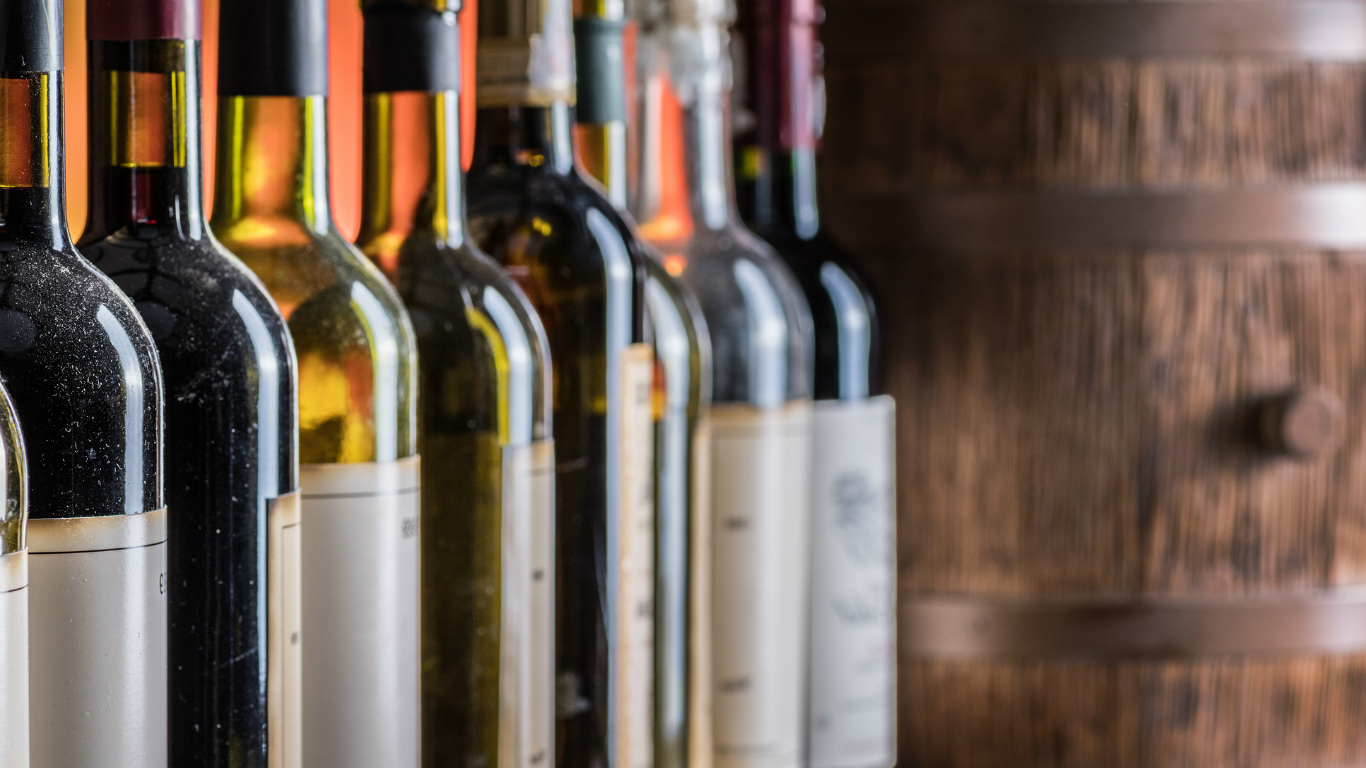Services
You Won’t Believe Why This Little-Known Wine Brand Is Selling Its New Wine for $35,000 a Bottle

Published:
Last Updated:

Rare wine can be very expensive. Connoisseurs and collectors have been known to pay thousands of dollars for a single bottle. Most of us could sip good vino for many months for the prices paid for the most wanted wines in the last 20 years.
And never mind a few thousand bucks. Old vintages of rare, famous wines can reach stratospheric heights. A Château Lafite-Rothschild 1869 went for $230,000, for a standard-size bottle, at a Hong Kong auction in 2010.
Now, though, a recent vintage — 2015 — of a wine most people, even avid wine-drinkers, have never even heard of is being released with a price tag of $35,000 per bottle. This is the highest general-release price ever charged for any wine, anywhere.
The wine is an unclassified “vin de France’ from Bordeaux called Liber Pater (Latin for “free father”), made by Loïc Pasquet, whose vineyard is in the Graves region. His wines have always been expensive, but only in the comparatively reasonable (by his latest standards) $3,500 to $4,000 a bottle range.
Only 500 bottles of the 2015 vintage were produced and only 240 of those are scheduled to be released, this September, in batches of between six and 18 bottles for each export market.
In an exclusive interview on Wine-Searcher, Pasquet defended the high price. In the 19th century, a vine pest called phylloxera destroyed a majority of the vineyards in Bordeaux and elsewhere in France (and much of the rest of the wine-growing world). Rootstock from native American vines was imported and French vines were grafted onto them. Pasquet’s mission, he declares, is “to find the pre-phylloxeric taste,” on the theory that ‘[g]reat collectors want to taste the wine as it was before 1855.”
To this end, Pasquet has located ungrafted vines and studied the relationship between various varieties and small lots of soil. He has also found and is resuscitating local varietals that were once important in Bordeaux but are now virtually forgotten. “Tarnay, castets, pardotte, cabernet goudave, [and] gros cabernet are historical grapes that made the taste of Bordeaux,” he says, but today they are forbidden by the French government agency that regulates wine appellations. That’s why he can’t call his new wine Bordeaux. But is it any good? Here are 11 ways you can if wine is actually really good.
This is all very interesting, but will anybody really spend $35,000 for what one winemaker promises will be a taste of history? Apparently so. A majority portion of the wine has already been spoken for, says Pasquet. As for the rest? “You know my daughter was born in 2015,” he says, “so I keep some for her and she’ll do what she wants with it.”
Start by taking a quick retirement quiz from SmartAsset that will match you with up to 3 financial advisors that serve your area and beyond in 5 minutes, or less.
Each advisor has been vetted by SmartAsset and is held to a fiduciary standard to act in your best interests.
Here’s how it works:
1. Answer SmartAsset advisor match quiz
2. Review your pre-screened matches at your leisure. Check out the advisors’ profiles.
3. Speak with advisors at no cost to you. Have an introductory call on the phone or introduction in person and choose whom to work with in the future
Thank you for reading! Have some feedback for us?
Contact the 24/7 Wall St. editorial team.